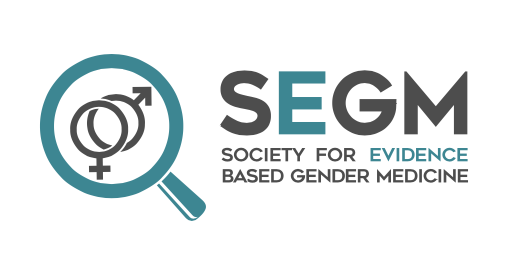The medical professionals at SEGM have taken a look at a new peer-reviewed article, “Transition Regret and Detransition: Meaning and Uncertainties,” published in the Archives of Sexual Behavior.
Takeaways
Gaps in Healthcare: Many detransitioners report not feeling adequately informed about the health implications of treatments before undergoing them. They also feel that they did not receive sufficient exploration of preexisting psychological and emotional problems. Most patients did not maintain contact with their gender clinic during their detransition, and there is a lack of clinicians knowledgeable about how to safely stop hormonal therapies and surgical reversal or restorative options.
Predicting Transition Outcomes: The ability to predict who will benefit from transition-related medical interventions and who will be harmed by them is limited. There is no systematic tracking of how many young people regret transition or how many are helped by it. Recent studies suggest that up to 30% of those who undergo medical transition may discontinue it within a few years, and a number of them may experience significant regret over lost opportunities and permanent physical changes.
Transition Models and Their Implications: The less restrictive eligibility criteria for accessing transition-related medical interventions under the gender-affirmation and informed consent models, coupled with the rapid rise of adolescents and young adults presenting to gender clinics, have important implications for the incidence of transition regret and detransition. These models view hormonal therapies and surgery as a means of realizing personal identity or ’embodiment goals,’ rather than treating an underlying illness or injury.
Preventing Detransition and Inappropriate Transitions: The author of the article suggests several measures to prevent detransition and inappropriate transitions, including improving the process of informed consent, prioritizing treatment of co-occurring social, developmental, and psychological problems, using precise language about medical interventions, helping young people expand their understanding of gender, and being transparent about the quality of evidence supporting medical interventions and the uncertainty about long-term harms.
Companion Post
+++

